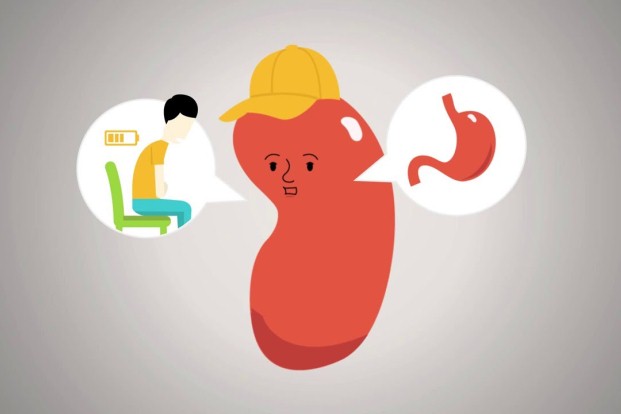Myths related to Prostate Cancer
Apr 19, 2022
Prostate Cancer is a major cancer disease affecting men in India. It usually affects men in their older age and all men above the age of 50 yrs are at risk of developing prostate cancer. Recent studies highlight that prostate cancer is the second leading cancer in men in urban areas. The prostate cancer cases are expected to double by the year 2020. Hence all these aspects make prevention important and its essential that one is clear about the myths and facts associated with prostate cancer.

Myth 1: Prostate cancer means death
Fact: Prostate is one of the few cancers which can be cured by early diagnosis and timely treatment. This will also depend on how aggressive the disease is. Many patients with prostate cancer die because of the aging. A slow growing prostate cancer might not change the life expectancy of a person.
Myth 2: Diagnosis of prostate cancer is tough and can be done at higher centers only
Fact: Prostate cancer can be diagnosed early if a astute physician examines the patient properly. Digital rectal examination gives a good idea about the disease involving the prostate gland. An experienced urologist’s opinion can be sought in case of any suspicion.
Myth 3: There are no symptoms of prostate cancer
Fact: Prostate cancer patient will have urinary symptoms similar to patients who have urine outflow obstruction due to any other disease like enlarged prostate. However cancer confined to the gland might not cause much of the urinary symptoms.
Myth 4: Blood in urine or red color urine means I have prostate cancer
Fact: Hematuria or blood in urine is no doubt an ominous sign. But it can be due to various other problems like an infection of bladder, prostate, stone disease, cancer of bladder or kidneys. All patients with hematuria should undergo proper medical evaluation by an expert urologist.
Myth 5: High PSA always suggest cancer of prostate
Fact: High PSA suggests there is some disease in the prostate gland. The normal value of PSA is 4 mg/ml of serum. PSA above 10 mg/ml requires a biopsy to rule out cancer. Even in patients who have PSA in normal range, there are 15 to 20 percent chances of prostate cancer.
Myth 6: I don’t have cancer of prostate if my rectum exam (DRE) is normal
Fact: Digital rectal examination is externally palpating the prostate gland from the rectum. There is 50 50 chance of detecting cancer on examination. Small cancer confined to the prostate gland will appear as normal on DRE. Cancer will be suspected if the abnormal nodule is palpated in the prostate.
Myth 7: For diagnosis of prostate cancer MRI is better than biopsy
Fact: MRI can suggest the possibility of prostate cancer. But exact confirmation occurs when cancer cells are seen under a microscope, which is possible only after trucut biopsy of the prostate.
Myth 8: Prostate cancer can be treated only by surgery
Fact: Treatment of prostate cancer depends on the stage and grade of disease. Various modalities are available like radical prostatectomy, radiotherapy, androgen deprivation therapy. Your urologist will discuss with you the best option depending on your disease stage.
Myth 9: There are high failure rate or recurrence after surgery for prostate cancer
Fact: If the prostate cancer is localised and is low-grade variety then there are few chances of recurrence. But high-grade cancer will have recurrence chances after surgery. Many surgeons ask patients to under radiotherapy in such scenario.
Myth 10: There is no treatment if prostate cancer reoccurs
Fact: With advances in medical sciences there are many new drugs and modalities available for the treatment of recurrent prostate cancer.




